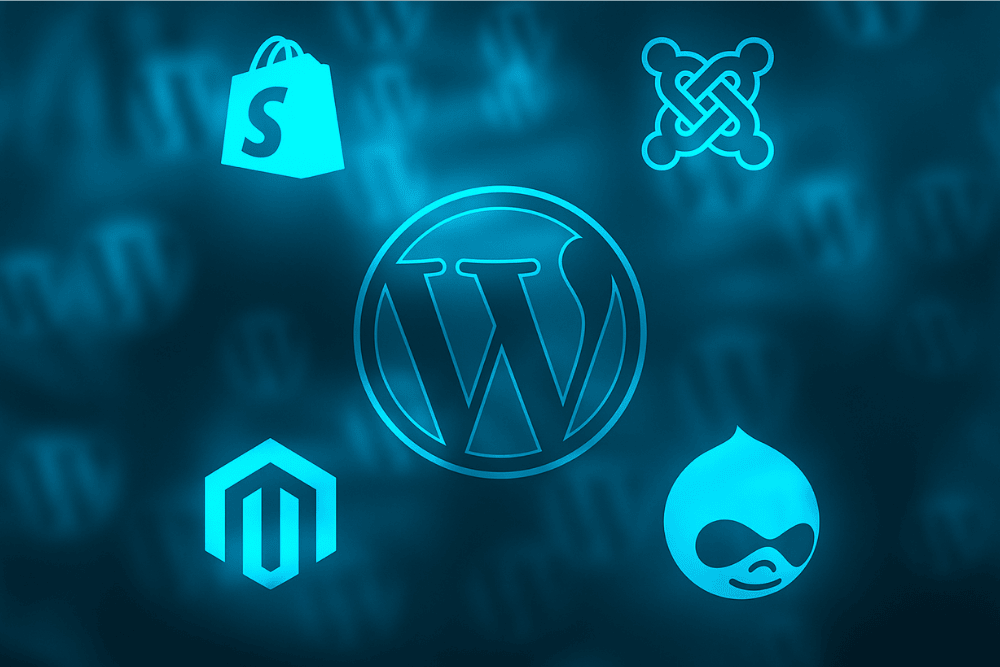Website Maintenance Importance: Why It Matters
Why Website Maintenance Matters
In today’s digital world, your website is the face of your brand. Understanding the website maintenance importance for business sites is crucial if you want to keep your online presence secure, efficient, and profitable.
Without regular maintenance, your site can slow down, break, or become vulnerable to security threats. It’s not just about performance, it’s about keeping customers engaged and protecting your business reputation.
Website Maintenance Importance
Website maintenance is not just a technical task, it’s a strategic investment that can directly affect your bottom line. Here’s why it’s critical:
- Security: Regular updates ensure that your site is protected from hackers and vulnerabilities.
- Performance: A well-maintained website runs smoothly, ensuring fast load times and reduced downtime.
- SEO: Search engines prefer sites that are fast, secure, and updated regularly.
- User Experience: Users are more likely to stay and engage with your website if it’s reliable, secure, and responsive.
- Brand Reputation: A broken website or slow-loading pages can damage your brand’s credibility and trustworthiness.
Key Benefits of Website Maintenance
Maintaining your website isn’t just a technical chore—it’s a strategic investment. Here are some powerful benefits:
- Improved security: Regular updates reduce the risk of hacking and malware.
- Better performance: Optimize speed and uptime to boost user experience.
- SEO gains: Search engines reward well-maintained, fast, secure sites.
- Customer trust: A stable, modern website builds credibility.
- Higher conversions: Ensure all forms, links, and CTAs are working properly.
Common Issues from Neglecting Maintenance
Failing to maintain your site can lead to:
- Slow page loads
- Broken links and 404 errors
- Outdated content or features
- Security breaches and data loss
- Lower search engine rankings
For example, imagine a potential client visits your site only to find your contact form isn’t working. That’s a lost lead—possibly forever.
How Often Should You Maintain Your Website?
The frequency of maintenance depends on the complexity and function of your site. However, here’s a general guideline:
- Weekly: Backup site, check for broken links
- Monthly: Update plugins, CMS, themes
- Quarterly: Review SEO and performance metrics
- Annually: Full content audit, design refresh if needed
Essential Website Maintenance Tasks
Let’s break down what regular maintenance should include:
- Software updates (CMS, plugins, themes)
- Website backups (at least weekly)
- Performance monitoring
- Broken link checks
- Security scans
- Content updates
- SEO health check
- Form and CTA testing
Cost of Website Maintenance: Is It Worth It?
Many businesses hesitate to invest in maintenance, thinking it’s an unnecessary cost. But the truth is:
- Fixing a hacked website can cost thousands.
- Lost leads due to slow or broken pages = lost revenue.
- Downtime damages reputation and customer trust.
Compared to these risks, routine maintenance is extremely affordable—and smart.
Tools & Services to Help You Stay Updated
Here are some tools that make website maintenance easier:
- ManageWP – for automated backups and plugin updates.
- Google Search Console – to track site health and SEO issues.
- Sucuri Security – for website malware scans and firewall.
- UptimeRobot – monitors your site’s uptime in real time.
- SEMrush – keeps your SEO efforts in check.
FAQs about Website Maintenance Importance
1. Why is website maintenance important for business sites?
Website maintenance ensures that your site stays secure, performs optimally, and ranks well in search engines. It helps build trust with customers, prevents security breaches, and improves user experience, all of which contribute to higher conversions and better brand reputation.
2. How often should I maintain my website?
The frequency of maintenance depends on your website’s complexity, but generally, tasks like backups and checking for broken links should be done weekly. Monthly updates for plugins and themes, quarterly performance reviews, and an annual content audit are also recommended.
3. What are the risks of neglecting website maintenance?
Neglecting maintenance can lead to slow page load times, broken links, outdated content, and security vulnerabilities. These issues can result in a poor user experience, lost leads, reduced search engine rankings, and damage to your brand reputation.
4. What tasks are included in website maintenance?
Key tasks include software updates, backups, performance monitoring, security scans, checking for broken links, and testing forms and CTAs. Regular SEO health checks and content updates are also essential.
5. Is website maintenance expensive?
Website maintenance is an affordable investment compared to the high costs of fixing a hacked website, recovering lost leads, and dealing with downtime. Regular maintenance helps you avoid these expensive risks and ensures your website continues to deliver value.
6. Can I handle website maintenance on my own?
While some tasks can be done in-house, many businesses choose to work with a professional web development agency or use specialized tools for automated backups, security scans, and performance monitoring. It depends on the size and complexity of your website.
Conclusion
Website maintenance is not optional—it’s essential. Understanding the website maintenance importance for business sites can save you time, money, and a lot of stress. It’s the difference between a website that performs… and one that just exists.
If you’re serious about growing your business online, start treating your website like the asset it is.
👉 Ready to Scale Your Business? Book Your FREE Consultation and Discover How to Attract More Clients with a High-Converting Website Built to Engage and Convert Your Ideal Customers.






